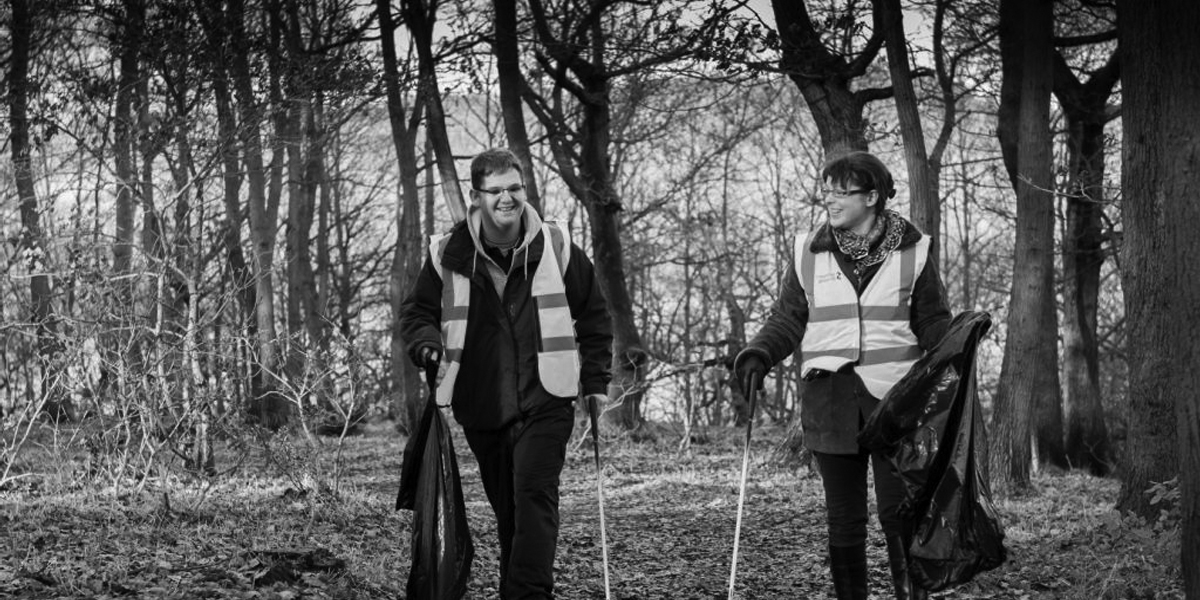Pride of Place
People’s sense of identity, shaped by their attachment to their local area, can sit at the heart of a new politics of the environment. Pride of Place: Land, community and a popular environmentalism calls for a revolution in the culture of...
People’s sense of identity, shaped by their attachment to their local area, can sit at the heart of a new politics of the environment. Pride of Place: Land, community and a popular environmentalism calls for a revolution in the culture of environmentalism, which puts a much greater focus on rebuilding democratic capacity rather than focusing on securing legislative change at a national and supranational level.
Drawing on a series of in-depth, deliberative focus groups in a range of rural and urban locations, as well as a nationally representative opinion poll conducted by YouGov, the report uncovers that people think of the environment in terms of the place they live and the people they live there with, not carbon emissions and climate change. It identifies four key lessons:
1. Place is people
People do have a strong attachment to the places they live – but it is as much about human relationships as it is about the natural or built environment.
2. Environmentalism starts at home
People need to be able to feel they can effect change in their own backyard before they can change the world.
3. The ecology of the economy
Lack of time erodes people’s capabilities; greater transience erodes solidarity. Environmentalism needs to engage more directly with the way in which the economy functions.
4. The chemistry of community
People feel a strong sense of loss, believing that community spirit has declined over time. But one person’s community is another person’s clique. Addressing this requires a different approach to environmental campaigning and policy-making.
In the report, we sought to better understand how people form their attachment to the places and communities they live; and to establish public perception of the potential opportunities for community-focused environmental initiatives, as well as the barriers for personal involvement.
We make a series of recommendations that we believe will drive the transition to a more popular environmentalism: first, that environmental campaigning groups should ‘switch’ a proportion of the campaigning resources they use for lobbying UK and EU legislators to support community organising to improve local environments. Second, local and central government must reverse the trend towards the increasing privatisation of public space and use it to create more parks, woodland and other free open spaces.
Third, central government should let go of more funding and allocate it towards allowing communities greater power to shape their environments and support community action. Fourth, local authorities should use participatory budgeting to allow local people to engage directly with the ‘tough choices’ politicians constantly talk about, giving people a stake in what happens in the place they live.
Finally, we propose a new bank holiday held in the middle of the week to focus national attention on community action. It would provide a focal point for campaigners to highlight local environmental projects on a large scale and generate widespread media attention, as well as an opportunity to reach out beyond the ‘usual suspects’.
The public needs to believe that environmentalism is a movement of the people, by the people, for the people. But it will not be so until people believe that Greenpeace and WWF care as much about their local park or high street as they do about the climate.
The full text of ‘Pride of Place: Land, community and a popular environmentalism’ is available to read online.
